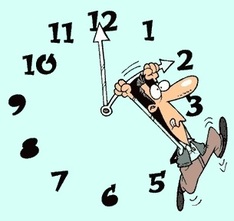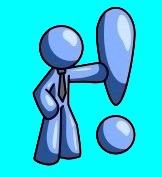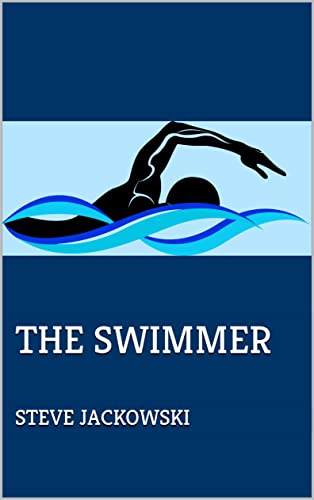
Of course I know all the arguments in favor of Daylight Savings time. It saves energy. It helps tourism and leisure businesses as people stay out playing later. It reduces car accidents during later commute hours.
But did you know that more people die of heart attacks, strokes, and car accidents in the days after a time change? How about the fact that kids have to go to school in the dark, or that early commuters have more accidents. Worse, here in the US, the 2007 change that took us out of step with most of the rest of the modern world actually reduced the energy savings we had before.
Daylight savings time has been around a long time. Ben Franklin is often credited with the idea, but from what I've read, this was from an article joking that Parisians could benefit from getting up earlier. It didn't get officially implemented until over a century later. Most of modern Europe adopted it in 1916 and the US quickly followed suit, matching the times of year for turning your clock forward and back. During World War II, the US went on War Time - Daylight Savings Time ran year-round.
In the 1960's the US and most of the Europe coordinated their Daylight Savings time. If you're going to have it, this makes sense.
But then in 2007, the US decided to advance the change in the spring by 3 weeks and delay the return to Standard Time in the fall by a week. I wasn't happy with the idea before, but this just seemed insane.
First, it took us out of step with the rest of the world. And of course it meant that more kids had to go to school in the dark for longer in the year. The US Department of Energy conducted a study that showed this change had ZERO benefit, and subsequent studies proved that although a trivial amount of energy for light was conserved, there was a substantial increase in the demand for heating, far offsetting any potential benefit.
I know, I'm biased. I'm an early riser and like to be in the surf at sunrise. I hate the fact that in March, I can't get in the water at 6am. But what really gets me about Daylight Savings time is how illogically it's implemented.
Let's think about this in terms of its goal - to take more advantage of daylight hours. Sure, near the summer, particularly in northern latitudes, it makes sense. Very few people get up at 4:30 in the morning, so why not make the sunrise 5:30am and give us more light in the evening. I get it.
But in Winter? As far as I know, it's still winter.
Look, if we're going to have Daylight Savings time, it should be symmetric with respect to the solstice. The winter solstice is the shortest day of the year and the summer solstice is the longest day of the year. Right now, we start Daylight Savings Time about 10 weeks after the winter solstice. Europe starts 3 weeks later. We end Daylight Savings Time about 6 weeks before the winter solstice. This is crazy. If it was too dark to start Daylight Savings less than 10 weeks from the darkest day, why would you wait to end it until 6 weeks before the darkest day?
I heard one argument that the US extended the ending date to make it more light for kids on Halloween. Who goes out trick or treating when it's light?
Aside from the loss of early surf sessions and the confusion working with other countries caused by the inconsistent time changes in the US, the lack of any proven benefit to that 2007 change, and the studies that show it has actually caused harm, suggest to me that we should at least go back to the policy from before 2007, or better yet, revisit the whole idea of Daylight Savings Time.



 RSS Feed
RSS Feed